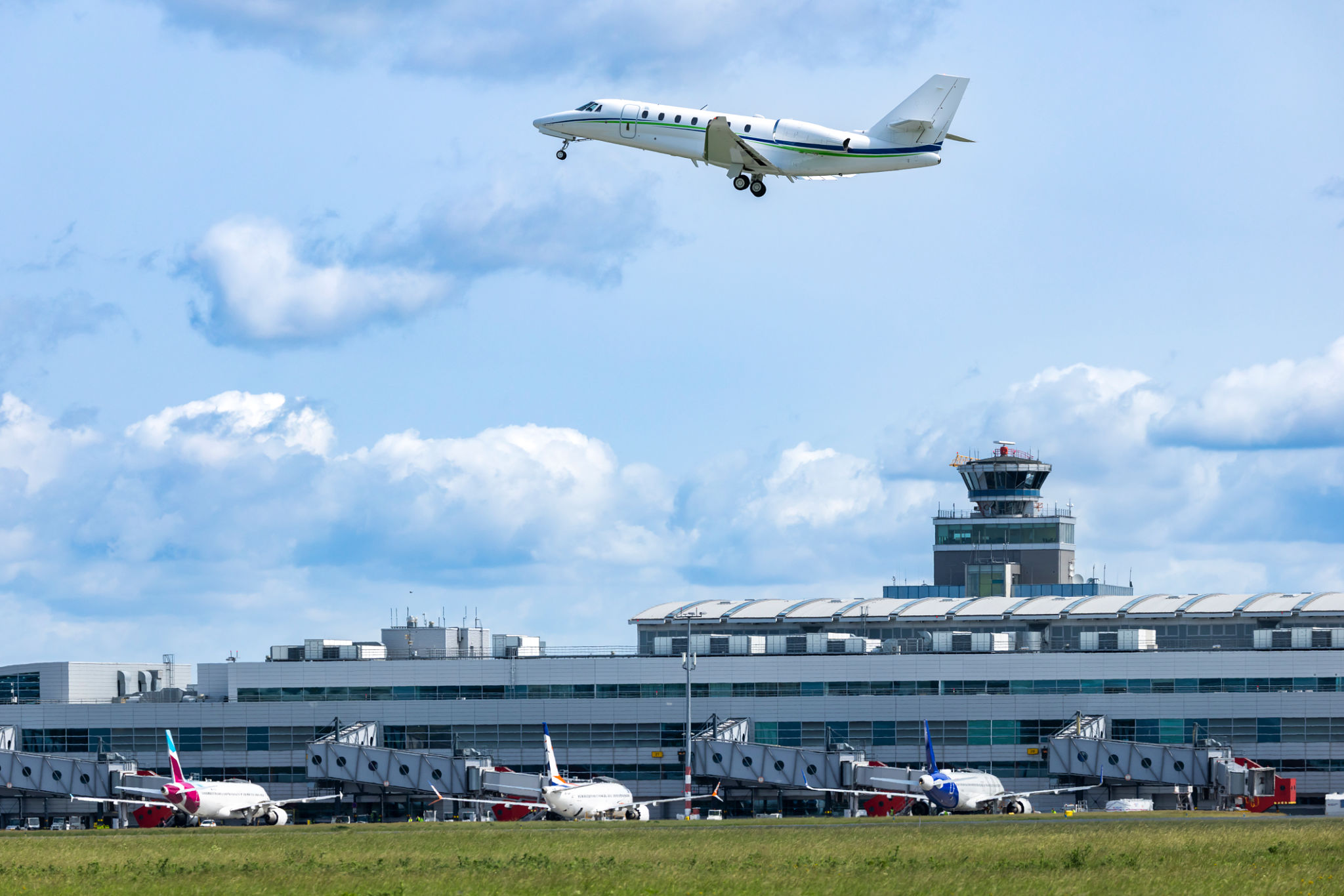Preparing for Your First Flight: Essential Tips for New Pilots in Pennsylvania
Soaring through the skies as a pilot for the first time is an exhilarating experience. However, it's essential to be well-prepared for the journey. If you're a new pilot in Pennsylvania, there are several key considerations to keep in mind before you take off. These tips will help ensure your first flight is both safe and enjoyable.
Understanding the Local Airspace
Pennsylvania offers diverse landscapes and airspace, each with its own set of regulations. Before your flight, familiarize yourself with the different types of airspace you'll be navigating through. This includes controlled and uncontrolled airspaces, as well as any restricted zones. Understanding these will help you plan your route effectively and avoid potential conflicts.
For instance, Philadelphia's Class B airspace tends to be busier than the rural areas of central Pennsylvania. Knowing how to communicate with air traffic control in these environments is crucial for maintaining safety and efficiency.

Weather Considerations
The weather in Pennsylvania can vary significantly depending on the season and geographical location. Pilots must be adept at reading weather forecasts and identifying potential hazards such as fog, thunderstorms, or icy conditions. Always check the forecast before your flight and have a contingency plan in place should conditions change unexpectedly.
Understanding weather patterns specific to Pennsylvania, such as lake effect snow near Erie or sudden summer thunderstorms, can help you make informed decisions about your flight schedule and route.
Pre-Flight Inspection
A thorough pre-flight inspection is a non-negotiable part of your flight preparation. This involves checking the aircraft's exterior and interior components to ensure everything is functioning correctly. Pay special attention to the engine, control surfaces, and fuel levels.

If you're flying a rented aircraft, familiarize yourself with its specific features and quirks. Each plane can handle differently, and understanding these nuances will contribute to a smoother flight experience.
Flight Planning Essentials
Proper flight planning involves more than just charting a course from point A to point B. Consider factors such as alternate airports, fuel stops, and emergency procedures. Utilize tools like GPS systems and flight planning apps to assist in creating a comprehensive flight plan.
Additionally, always have a backup plan. Unexpected circumstances can arise, and having an alternate route or landing site can save both time and stress.

Communication Skills
Effective communication with air traffic control and other pilots is vital for a successful flight. Practice using aviation terminology and get comfortable with radio protocols. This will not only ensure clarity but also boost your confidence when communicating in the cockpit.
Consider joining local flying clubs or groups where you can gain more insight into communication practices from experienced pilots in Pennsylvania.
Post-Flight Review
After landing, take the time to conduct a post-flight review. Reflect on what went well during your flight and what could be improved. Documenting these insights will aid in your growth as a pilot and prepare you for future flights.
Remember that learning to fly is an ongoing process. Every flight offers a new opportunity to hone your skills and gain valuable experience.

In conclusion, preparing for your first flight as a new pilot in Pennsylvania requires careful planning and attention to detail. By understanding local airspace regulations, weather conditions, and effective communication strategies, you'll set the foundation for a rewarding flying career. Safe travels!
